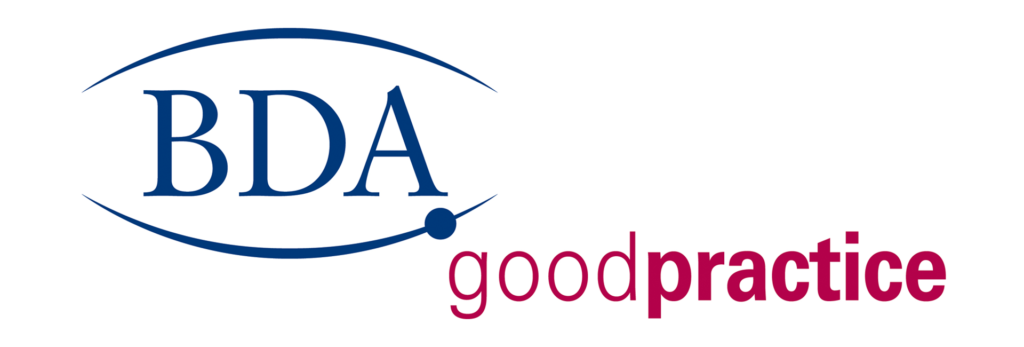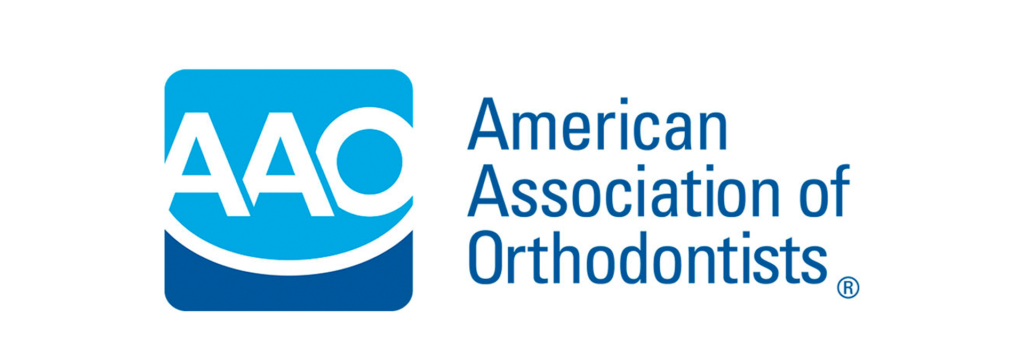Angle House Blog
Bid Goodbye to Toothache
While National Toothache Day on 9 February might not come with all the glittering fanfare of Christmas in our calendars, it is a timely reminder of the steps we can all take to avoid getting toothache. After all, the best way to deal with toothache is to avoid getting it in the first place.

Here’s our top tips for avoiding the oral ouchies:
1. Take care of your mouth
A tooth is the only part of the body that can’t repair itself. So take care of the ones you have! This February, refocus your oral health efforts by making sure you brush at least twice a day and floss once. An excellent routine here is the biggest step to avoiding toothache. Stock up on all your brushing and interdental cleaning / flossing essentials to keep your mouth healthy this year – and don’t forget the kids!
Brush twice a day with a good toothbrush and a fluoride toothpaste. Remember to spit but don’t swill your mouth with water after brushing, as that can remove the protective layer of fluoride left on your teeth. Electric toothbrushes are a great way to achieve an effective and efficient clean.

2. Cut down on sugar
Sugary foods can be a key reason why people develop toothache and problems with their teeth. Taking steps to reduce your sugar intake and that of your kids is the biggest step you can take to a happy smile this year. Consider the hidden sugars in drinks and foods, too.
Drinking lots of water helps to clean the mouth, rinsing away sugar, food particles and debris. It’s also great for your overall health, so boosting your intake is a great resolution for the month.
3. Keep up with regular dental health appointments
A toothache may prompt you to see your dentist, but keeping up with your dental appointments will help avoid tooth pain. Schedule an annual check up at your dentist and a thorough cleaning with your hygienist every six months. Regular dental visits give the dentist a chance to fix problems before they cause pain. Visiting the hygienist regularly will prevent the build up of tartar that causes cavities and therefore toothache.
Most of us will have to deal with toothache at some stages in our lives. Toothache describes the pain that comes from a damaged tooth. It can vary in severity, from mild to severe, and can occur randomly or persistently.
Toothaches – scientifically known as odontalgia – can make it difficult to eat, sleep and sometimes even talk. Here comes the science… Toothache is caused by the inflammation of the dental pulp in your tooth – the inner layer made up of nerves and blood vessels. This layer is incredibly sensitive and can react badly to changes in temperature, puffs of air, sugar and pressure, which may lead to toothache.
Some common causes of toothache include:
1. Tooth decay.
2. A cracked or broken tooth.
3. Receding gums.
4. Dental abscess.
5. Illness.
6. Loose or broken fillings.







